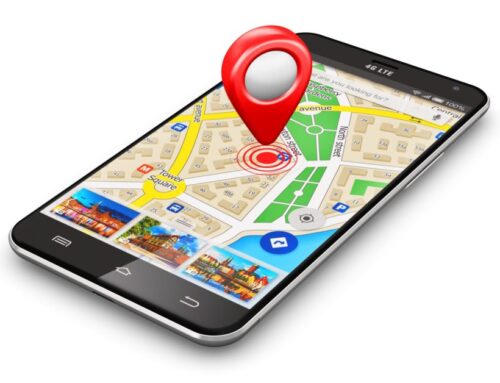Find out what happened, what you can do to protect your privacy, and why big tech companies are paying people to listen to you
Facebook controversies come and go, but a recent issue involving the surveillance and transcription of users’ conversations seems particularly troubling to government officials, privacy watchdogs, and users. Here are answers to 10 questions you may have about the issue.
1. What is the controversy?
Facebook paid contractors to listen to and transcribe audio clips from users who chose to have their voice chats transcribed by AI in its Messenger app, Bloomberg reported. In seeking user approval, the company only presented transcription as a feature for users to have text of their spoken messages, and failed to mention that human transcribers would listen to their messages, Bloomberg reported. Contractors who transcribed the recordings for Facebook told the news service they had no knowledge of where the audio was being recorded or how it was obtained, and had ethical concerns about the assignment. Facebook says the contractors were checking whether the social media company’s artificial intelligence correctly interpreted the messages, which were anonymized. The company told the CNET tech news service it stopped the practice, saying “we paused human review of audio.”
2. Why are humans at big tech companies listening to us?
Voice assistants need human guidance to accurately understand what we tell them. Amazon, Apple, Facebook, Google, and Microsoft have all paid workers to listen to their users’ conversations. As The Atlantic writes: “This isn’t so much a series of ‘scandals’ surrounding human review as the results of a user base becoming minimally aware of how voice-assistant technology actually works.”
3. What can you do to protect your privacy?
To prevent this kind of eavesdropping, don’t transcribe your own Facebook Messenger messages, switch to encrypted Secret Conversations on Facebook, and restrict access to your phone’s mic, as explained in this Lifehacker post.
4. What’s the ‘big picture’ of this issue?
Don’t assume you have privacy on any app, says Chandler Givens, director of product management for consumer privacy at Avast. “The reality is that any time you’re using a messaging app your voice or text conversations can be captured, either by third-parties or the company that made the app. Users should think about the front page test: How would you feel if your conversation ended up on the front page of the newspaper the next day? If that makes you uncomfortable, pick up the phone and call instead.”
5. What kinds of things are employees hearing?
All kinds of things, including very personal information. Sex, violence, medical information, and spoken requests for porn were included in the 1,000 Google recordings obtained by Belgian broadcaster VRT NWS, the television news station reported.
6. Is the Facebook incident worse than the previous ones?
It depends on how you look at it. Apple, Google and Amazon only collected vocal commands to their devices, which might be more justifiable in improving what the AI understands. But Microsoft continues to transcribe conversations on Skype, and has received much less attention than Facebook.
7. What’s the U.S. government doing to address this?
The Federal Trade Commission approved measures to address Facebook eavesdropping, but drew sharp criticism from lawmakers for not going far enough. The FTC “utterly fails to penalize Facebook in any effective way,” Sen. Josh Hawley, a Republican of Missouri, told The New York Times.
8. How much does Facebook know about you?
A lot. You can find out on your ad preferences page on Facebook. But don’t be surprised if it depicts an inaccurate profile of you. The Pew Research Center found that about half of Facebook users say they are not comfortable when they see how the platform categorizes them, and 27% maintain the site’s classifications do not accurately represent them.
9. Surveillance is one thing – has Facebook manipulated users?
Yes. In a 2014 study, Facebook manipulated the newsfeeds of nearly 700,000 users to measure the impact on their emotions. The experiment was widely condemned, as was Facebook’s lack of transparency in handling it.
10. Do children use the Messenger app?
A Messenger Kids app has been criticized by U.S. officials for its poor privacy. Among the issues is the ability for kids to take part in group chats without the approval of their parents.
Source: https://blog.avast.com/facebook-transcribing-raises-concerns





